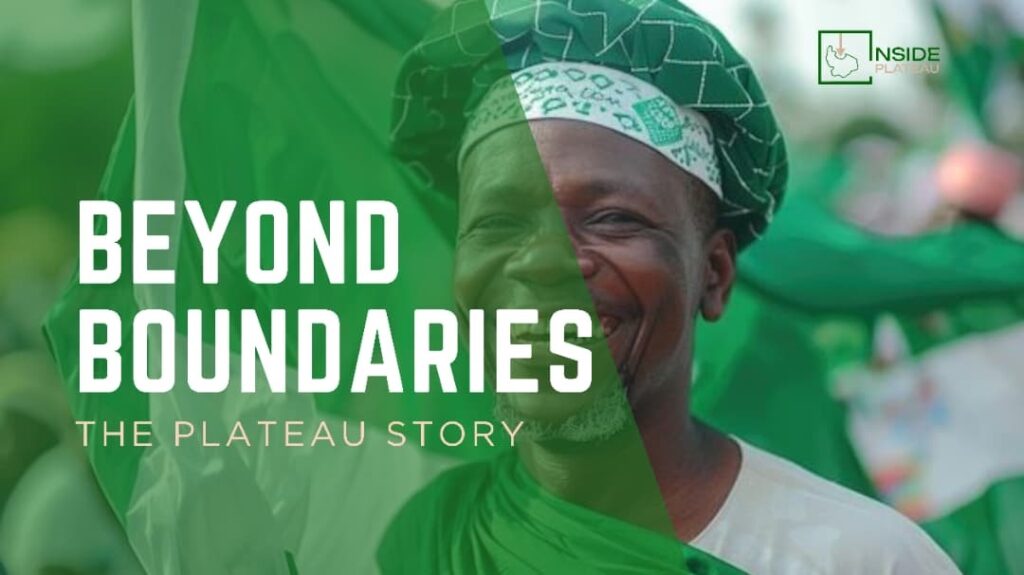Different tribes, one home. That’s the beauty of Plateau State.
On the plateau we are blessed with many ethnic groups, every ethnic group is friends or banter mates with one or more ethnic group. Take the Ngas tribe, for instance, one of the major languages in the state. They’re very friendly with tribes like Boghom, Gomaei, and Mwaghavul. It is typical for an Ngas man to jokingly refer to a Boghom or Gomaei person as “Our Slaves,” and it’s vice versa.
The Mwaghavul and Ron ethnic groups also have a great relationship, with similar playful jabs.
The Birom, being the largest ethnic group on the plateau spreads across over five local governments, so it’s natural for The Birom people to have more than two tribes they get along with. They’re close with Anaguta and Afizere in Jos East, and the Mwaghavul in Mangu. Their shared boundaries and settlements have fostered so many friendships. The Tarok people in Langtang are good friends with Boghom in Kanam, Ngas in Kanke, and Burmawa in Wase, while Gomaei (Ankwai) also shares a bond with them.
This unity among the tribes makes one feel at home when visiting the town of their tribal friends or banter mates. The banters are all for fun, and a mere joke from the opposite tribe can instantly spark a relationship.
When tribes are close geographically or are friends/banter mates, cultural exchanges become inevitable. For instance, an Ngas man will likely have some knowledge of Boghom, Tarok, or Gomaei, even if only for banter purposes. It’s also common for a Mwaghavul person to have a good understanding of the Ron tribe and adopt aspects of their culture, like dressing, food, or behavior. However, one of the most significant cultural exchanges occurs during intermarriages. For example, the Birom people can marry Anaguta, Afizere, or Mwaghavul, and when that happens, both partners often adopt cultural traits from each other.
In Plateau, our diversity isn’t an issue; it’s a beautiful thing. Living in a state with so many diverse tribes gives us an opportunity to grow. Learning about other people’s cultures helps us relate better and strengthens our relationships. In Plateau, we embrace our diversity, and our tolerance is a hallmark of our state. I attribute this largely to the fact that we’ve learned to live with ourselves despite our differences.

